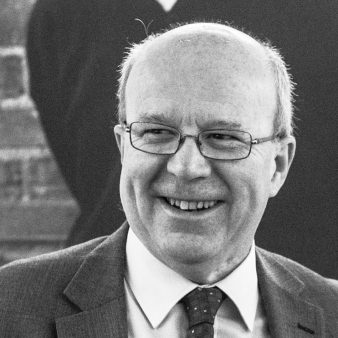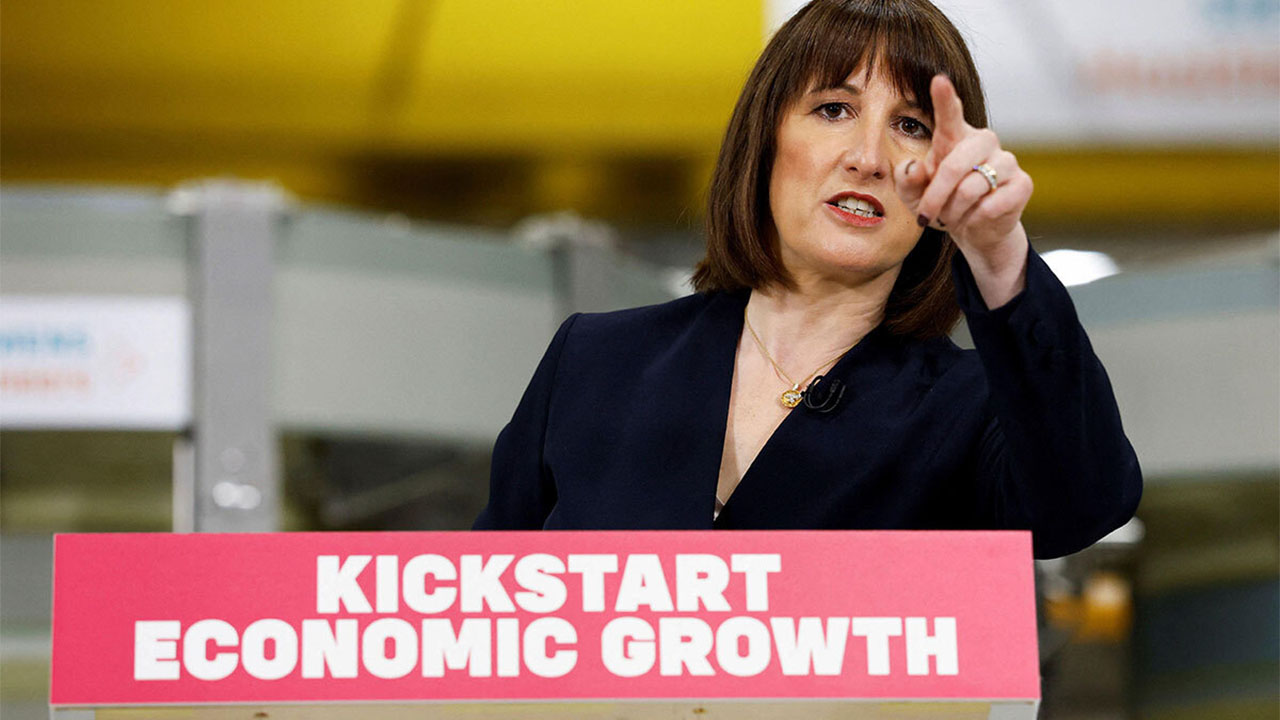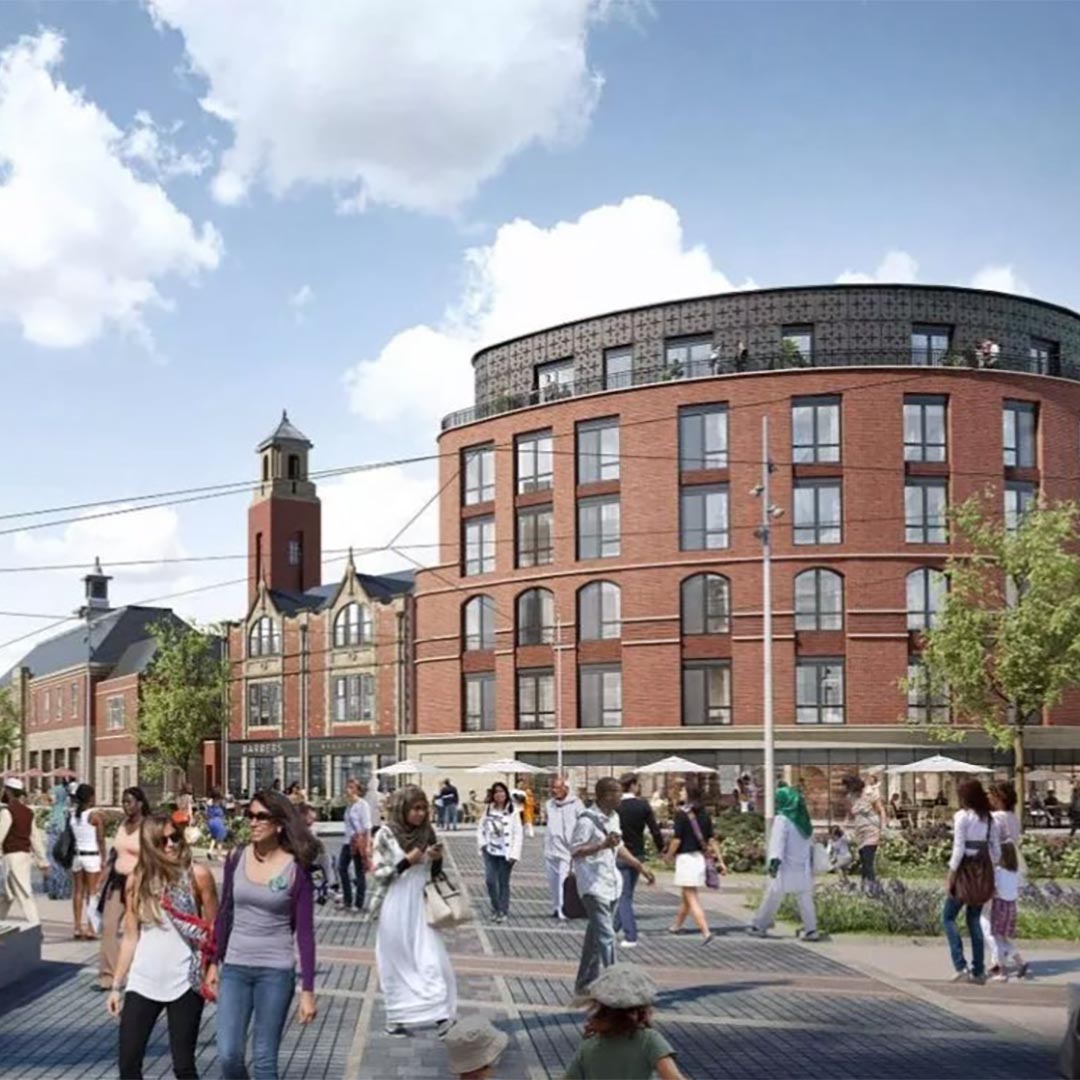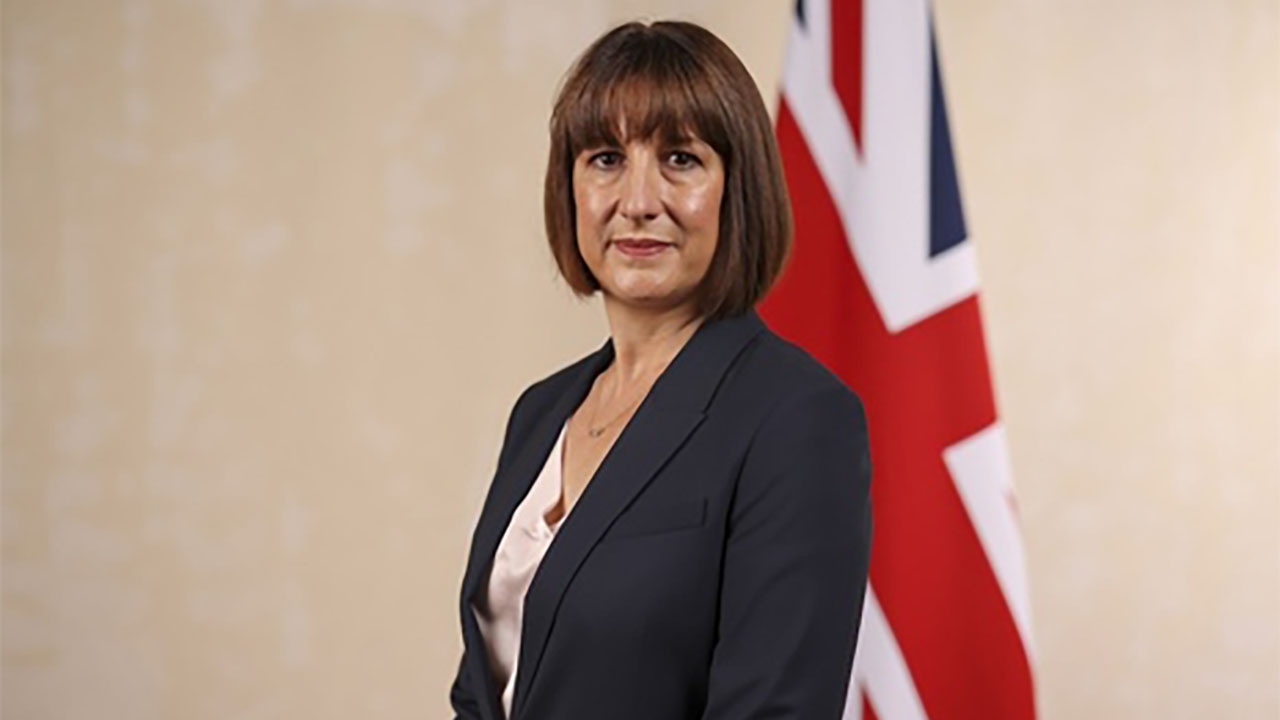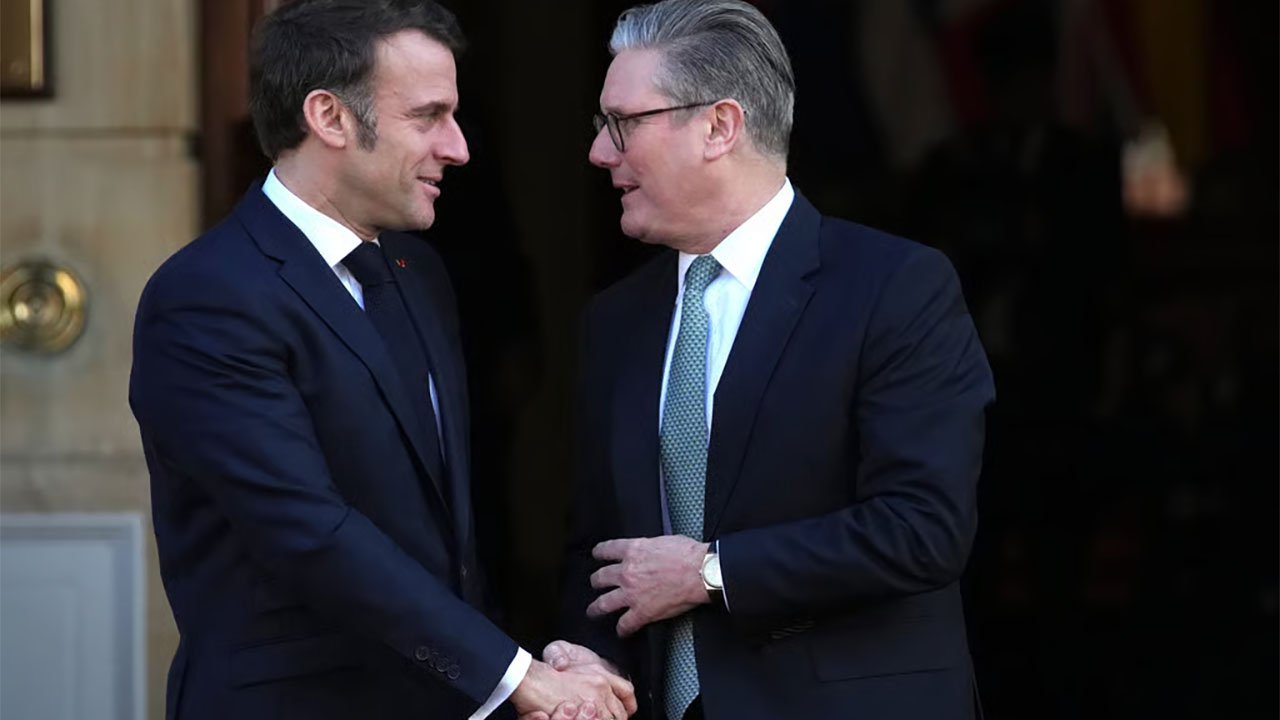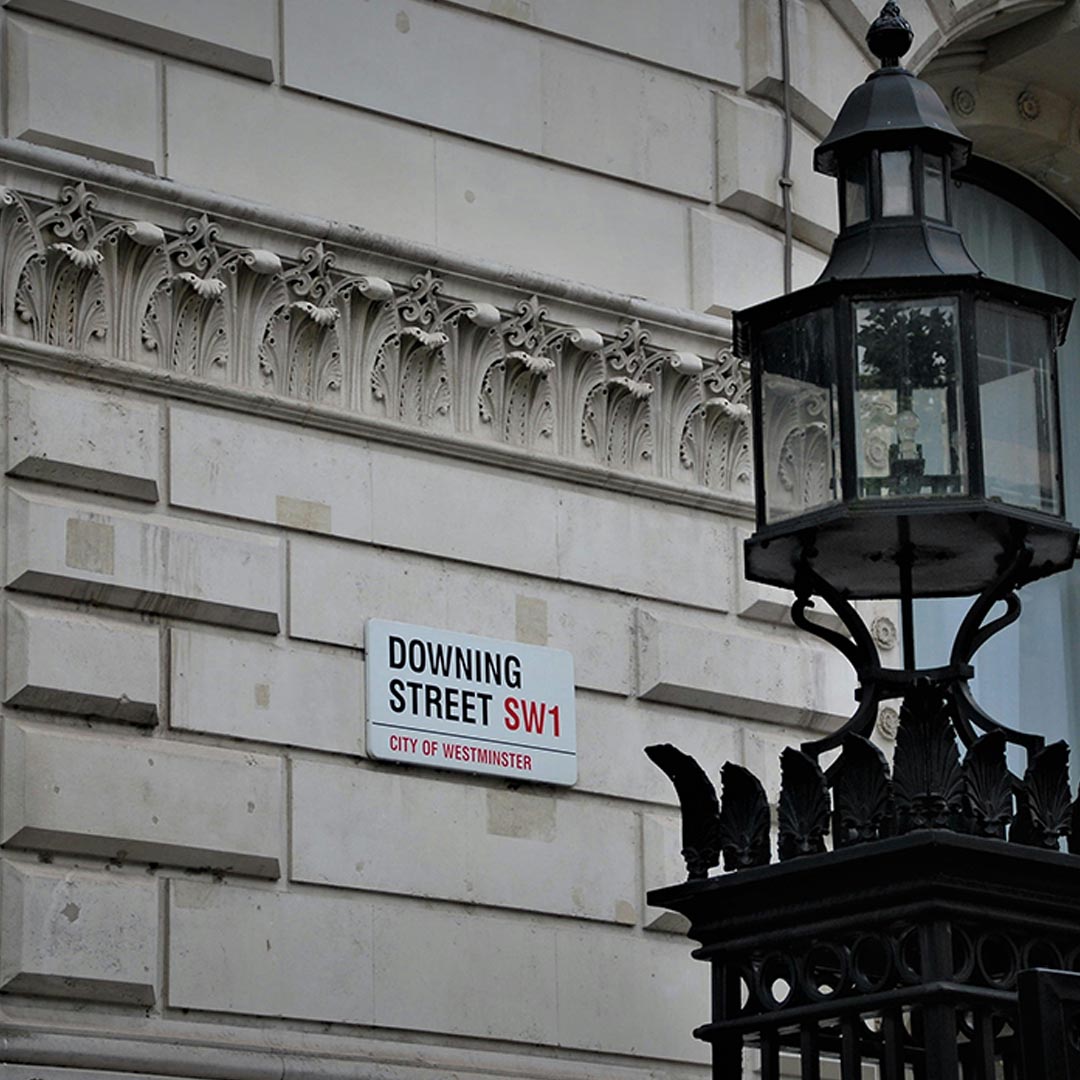The government will have borrowed 372 billion pounds between last April and this. That’s fourteen thousand pounds per household. The National Debt has topped two trillion pounds. Despite these eye watering figures, it appears that the Chancellor will continue to nurse the battered economy along rather than look to measures to begin balancing the books when he presents his latest budget next week.
It remains unclear whether the UK economy will bounce back quickly on the back on the successful vaccination programme, pent up demand and low interest rates. Alternatively, the scarring effect of the pandemic could mean widespread business failures when support is withdrawn, permanently lost capital investment and people detached from the labour market. Furthermore, is the post Brexit disruption a short- or long-term problem?
If this is the direction of travel, expect the furlough scheme to be extended, perhaps with tapering, for the next six months. The emergency rise in Universal Credit is expected to be extended for 6 months. Councils have already been told to delay sending out business rate bills. An extension of the relief measures is very likely. That is a short-term measure. Will we see any longer term thinking to address the massive problem faced by firms with expensive bricks and mortar properties who must compete with online operators with few of their costs? Different business rates for different sectors or regions is one suggestion.
Petrol duty has been frozen for ten years and a 5p increase has been suggested, partly to raise revenue and partly as a green measure. But it is a sensitive issue because of its potential impact on a fragile economy.
If the Chancellor wants to raise some money, and why would not he considering that emergency spending, he is constrained by the election pledge not to increase National Insurance, VAT, or Income Tax. Options include increasing Corporation Tax or introducing a new levy for health and social care. There would be no better time than now for the latter measure.
It’s reported that Rishi Sunak’s preference is to spend money on job creation rather than welfare support in the longer term. With that in mind, expect targeted employment aid for those sectors most hard hit by the pandemic.
MAYOR FOR THREE YEARS?
Our Managing Director has covered most of the ground relating to the shambles over the Labour nomination for elected mayor of Liverpool.
Just to add some additional thoughts. Who will want the job now? You would be dealing with a Labour group of councilors who want the post abolished in three years when a referendum is to be held. The whole idea of elected mayors was that the post would lead to long term strategy policy delivery. Perhaps its time for an independent candidate once again.
And let’s not forget the government probe into planning and regeneration issues that is due to report before the end of March. It is more than possible that commissioners will be sent in to sort things out.
It is all so sad. It gives ammunition to the city’s enemies who will ignore the fact that this very week approval was given to a world class stadium and regeneration project at Bramley Moor Dock.
Let’s hope the city’s talented business community can ignore the political noise and keep investing in an area that has come a long way in the last decade.

